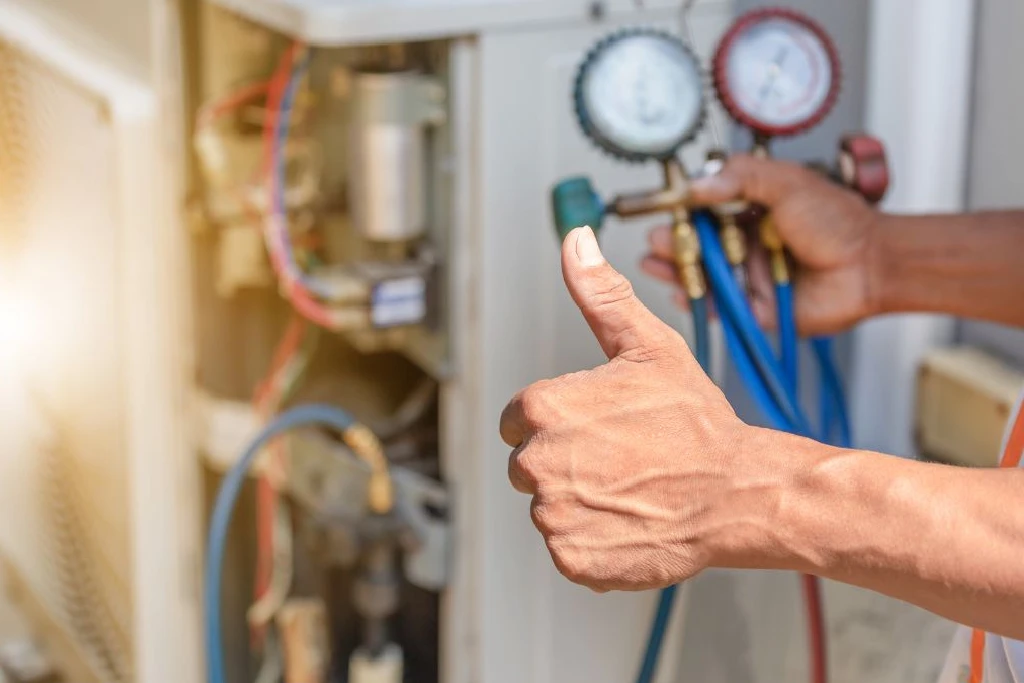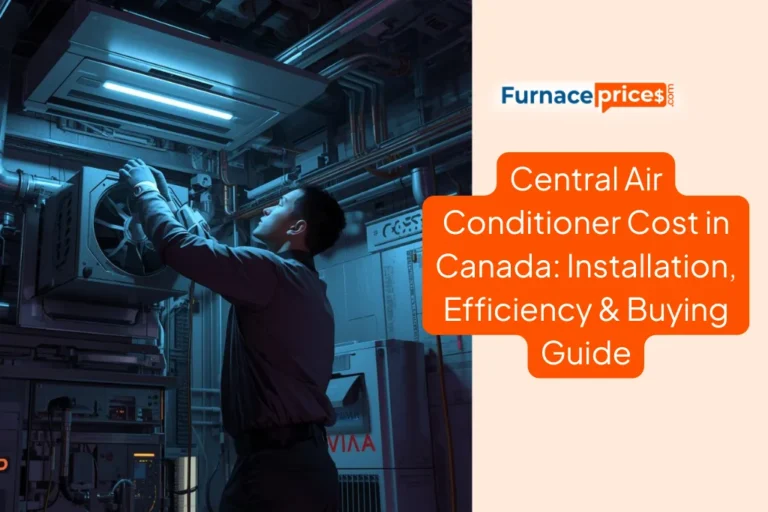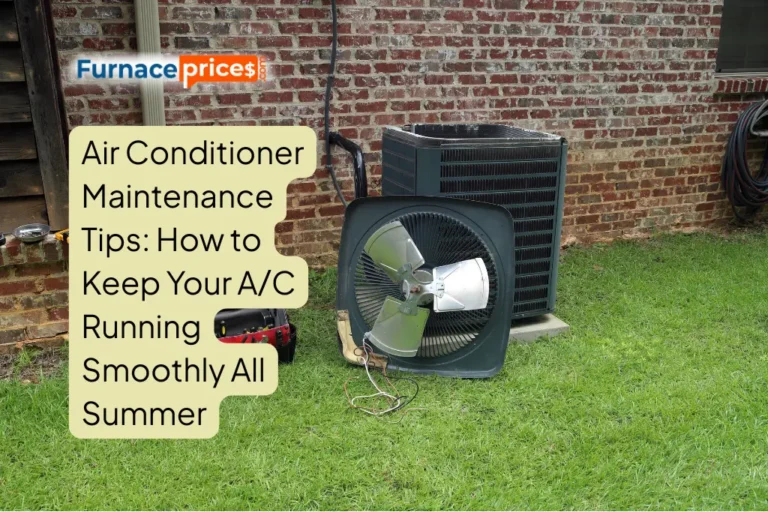Introduction
If your air conditioner is more than 10–12 years old, you may be wondering if it’s worth replacing. The answer, especially in 2025, is often a resounding yes. With rising temperatures and stricter energy regulations across Canada, investing in a new air conditioner isn’t just about comfort—it’s a smart financial and environmental decision.
In this guide, we break down the top advantages of upgrading to a new central air conditioning system, what features to look for, and how you can make the most of your investment.
1. Improved Energy Efficiency = Lower Utility Bills
Older AC units typically operate at SEER ratings of 10–13, while modern units now offer SEER2 ratings of 16–21. This jump in efficiency can lead to savings of up to 30–50% on your cooling costs, especially during peak summer months.
For Example:
If your old unit costs you ~$180/month in summer, a modern high-efficiency unit could bring that down to ~$100 or less.
💡 Explore High-Efficiency AC Options →
Modern systems don’t just cool faster—they cool smarter. Features like:
- Variable-speed compressors
- Two-stage cooling
- Zoning capabilities
These ensure even cooling throughout your home, reduce humidity, and prevent frequent on-off cycles that lead to uneven temperatures.
3. Quieter Operation for Better Peace of Mind
If your current AC sounds like a truck starting up every time it kicks in, you’ll love the ultra-quiet operation of today’s systems. Many models run as low as 51–55 decibels—quieter than normal conversation.
Whether you’re working from home or relaxing with your family, you’ll hardly notice when it’s running.
4. Smart Features & Automation
Newer AC units often support:
- Wi-Fi smart thermostats (like Nest or ecobee)
- Remote control via smartphone
- Energy usage tracking
- Smart scheduling
This means more control over comfort and better energy management, even when you’re away from home.
➡️ Already have a smart home setup? A compatible AC is the next step toward full automation.
5. Better Indoor Air Quality (IAQ)
Modern air conditioners include advanced air filtration, UV purifiers, and MERV 11+ filters to help reduce:
- Dust and allergens
- Mold spores
- Pet dander
- Odors
If someone in your family has asthma or allergies, upgrading your AC can significantly improve their well-being.
6. Higher Resale Value for Your Home
A brand-new energy-efficient air conditioner adds tangible value to your property. Buyers are increasingly looking for homes with:
- Green appliances
- Smart energy savings
- Modern HVAC systems
According to recent real estate studies, an upgraded HVAC system can increase home value by $2,000–$5,000+, depending on your location.
7. Government Rebates & Incentives (2025)
Many Canadian provinces offer rebates and incentives for replacing old systems with energy-efficient models. In some cases, homeowners can save $400–$1,200 or more with government-backed programs.
✅ Make sure your chosen unit is ENERGY STAR® certified and SEER2-compliant to qualify.
💬 See current AC rebates in your province →
8. Lower Maintenance & Repair Costs
Older air conditioners break down more often and are harder to repair—especially if parts are discontinued. New systems typically come with:
- 10-year+ parts warranties
- Optional extended labor coverage
- Fewer breakdowns due to advanced diagnostics
Over time, the repair cost of an aging unit often exceeds the value of a replacement.
9. Eco-Friendly Cooling
Today’s systems use R-410A or R-454B refrigerants, which have lower global warming potential than older refrigerants like R-22 (now banned in Canada).
By switching to a newer model, you’re reducing your carbon footprint while staying cool.
10. Tailored Sizing & Professional Installation
With older systems, there’s a chance they were not sized correctly for your home—leading to inefficiency or overuse. A modern AC upgrade includes:
- Professional home assessment
- Load calculation
- Customized sizing
This ensures maximum comfort and savings.
🛠️ Get a free quote with proper sizing now →
When Should You Replace Your Old AC?
Here are common signs it’s time for an upgrade:
- More than 12 years old
- Frequent repairs or refrigerant leaks
- Rising energy bills
- Inconsistent cooling
- Loud noises or bad odors
If you nodded to two or more of these, it’s time to start planning.
Conclusion: A Smart Move in 2025
In 2025, buying a new air conditioner isn’t just about cooling your home—it’s about:
- Lowering your energy bills
- Increasing home comfort
- Raising property value
- And doing your part for the environment
With new technologies, smarter controls, and potential government rebates, now is the perfect time to upgrade.
Need Help Choosing the Right AC?
Contact our experts at FurnacePrices.com for tailored recommendations based on your home, budget, and climate.








